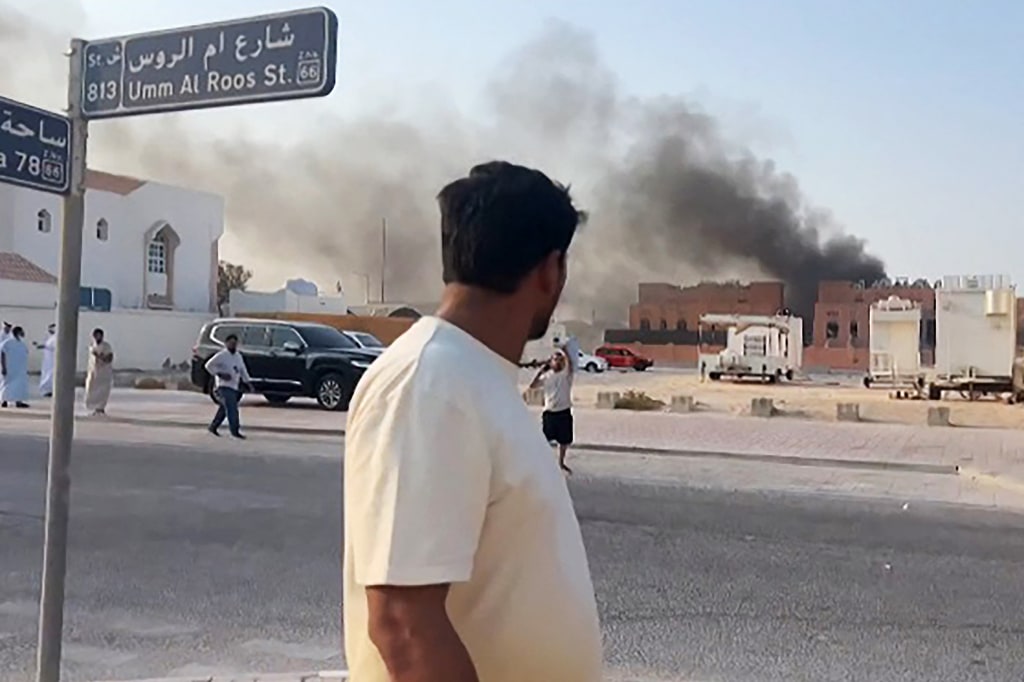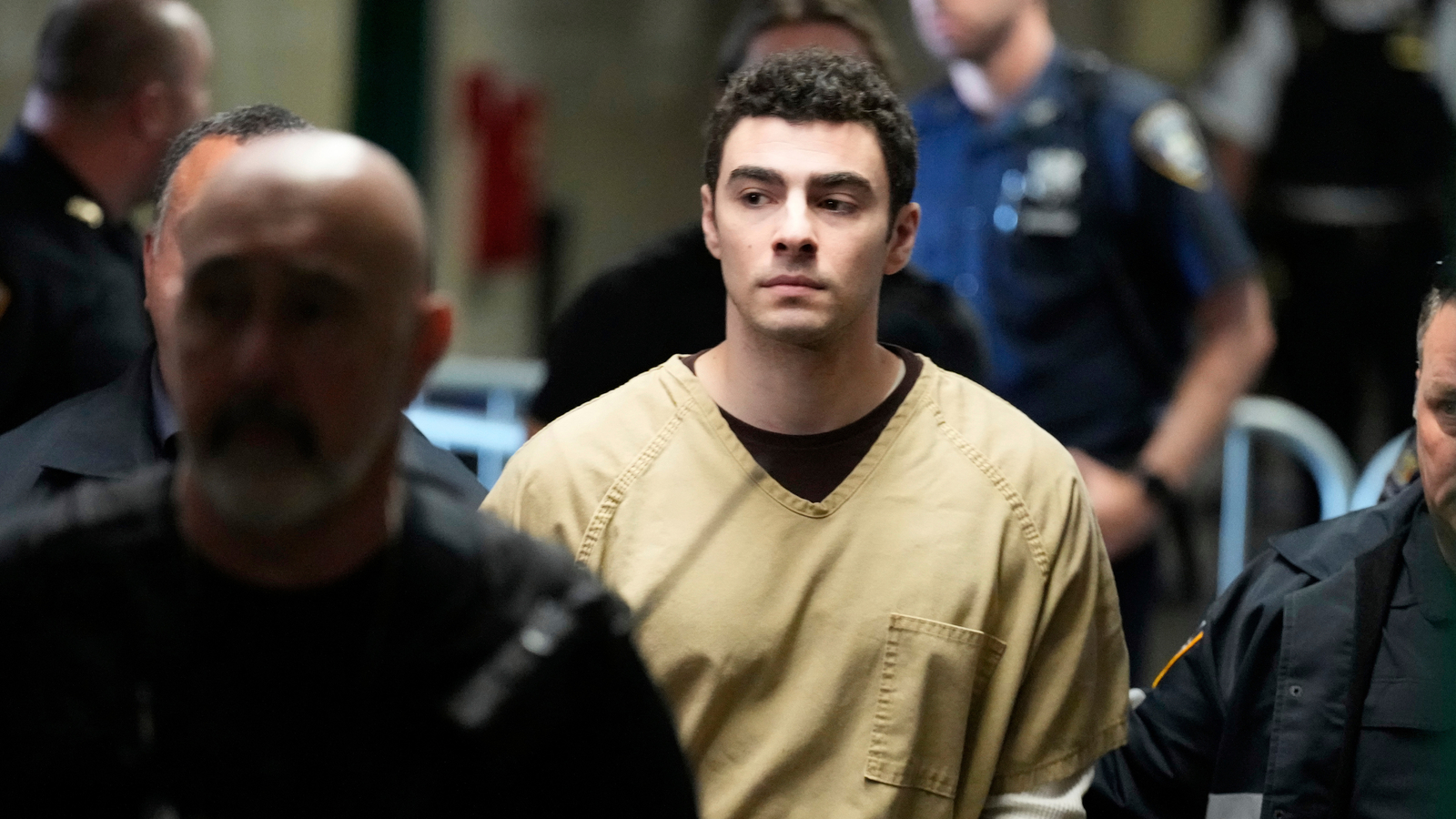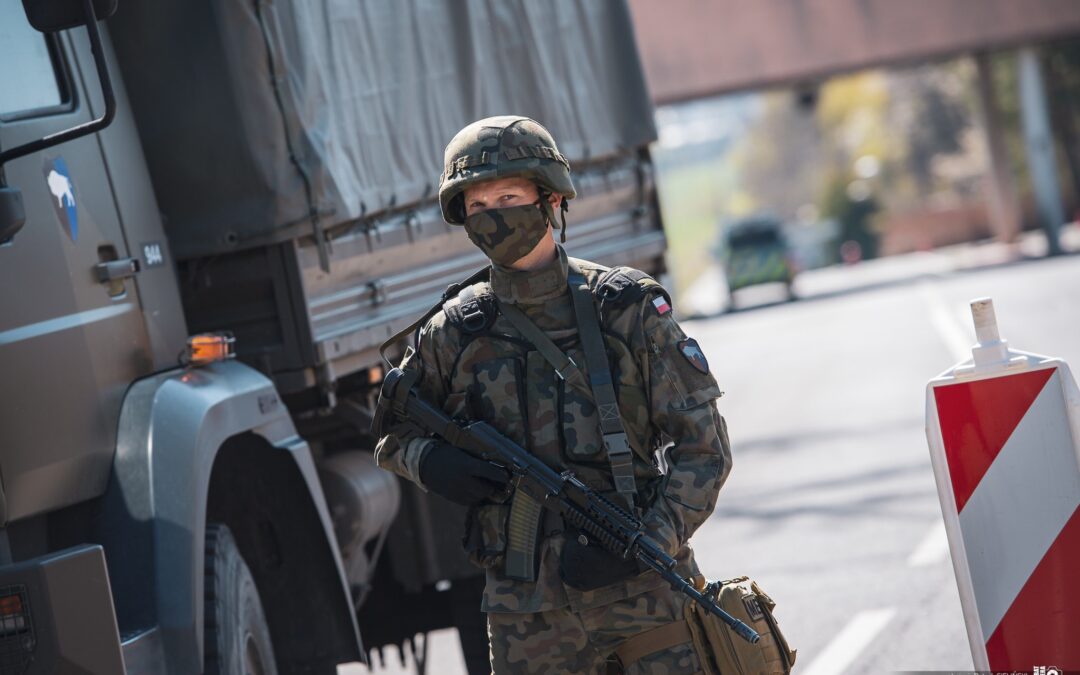
Israel Targets Hamas Leadership in Qatar: Full Breakdown of the Doha Strike
Israel carried out a rare and highly controversial strike in Qatar’s capital Doha on September 9, 2025, claiming to have targeted senior Hamas figures involved in the October 7 attacks. The strike shook regional politics, disrupted ceasefire negotiations, and triggered condemnation from Qatar and the wider international community. Here is what we know so far.
How and Where the Attack Happened
Explosions were reported in Doha’s West Bay Lagoon district early Tuesday afternoon. Verified videos showed smoke rising from a damaged complex next to the Woqod petrol station on Wadi Rawdan Street, a busy residential area.
The Israeli military confirmed it had conducted a “precise strike” using fighter jets and guided munitions. Israeli outlets reported that 15 aircraft launched 10 strikes on the compound believed to house Hamas officials.
This is the first time Israel has struck inside Qatar, a country that has hosted Hamas’s political leadership since 2012 and served as a mediator in indirect talks with Israel.
Who Was Targeted and Killed
Hamas confirmed that its Doha-based negotiating team survived but reported six deaths. Among those killed were Humam al-Hayya, son of senior negotiator Khalil al-Hayya, and Jihad Labad, al-Hayya’s office director. Several aides and a Qatari security officer were also among the dead.
Israel has not publicly confirmed names but senior officials said Khalil al-Hayya himself was a key target, alongside Zaher Jabarin, Hamas’s West Bank commander in exile. President Isaac Herzog defended the strike as “important and correct.”
Hamas condemned the attack, saying it was proof that Prime Minister Netanyahu’s government had no interest in a ceasefire or prisoner exchange agreement.
U.S. Involvement and Trump’s Position
The strike immediately raised questions about U.S. awareness, given the proximity of al-Udeid Air Base, America’s largest military facility in the Gulf. The White House said it had been informed but emphasized the operation was “wholly independent” and carried out solely by Israel.
Former President Donald Trump said he was notified only after the strike was underway. In a Truth Social post, he said he directed U.S. envoys to warn Qatari authorities but acknowledged the notice came “too late” to prevent the attack.
Trump stressed his regret over an attack on “a close ally and friend” but maintained that eliminating Hamas leadership was a “worthy goal.” He warned, however, that unilateral strikes inside allied nations could damage U.S. interests.
What Hamas Leaders Were Doing in Qatar
For over a decade, Doha has hosted Hamas’s political bureau and facilitated talks between the group and Israel. Just days before the strike, Hamas had acknowledged receiving U.S. proposals for a 60-day truce in Gaza, including hostage exchanges and prisoner releases.
Officials suggested the delegation in Qatar was reviewing its formal response to those proposals when the compound was struck. The timing reinforced Hamas’s claim that Israel aimed to sabotage negotiations.
The group vowed to continue discussions but said the attack made Netanyahu’s stance on peace “clear beyond doubt.”
Qatar’s Reaction and International Response
Qatar condemned the strike as reckless and illegal, accusing Israel of violating its sovereignty and threatening regional stability. Its foreign ministry warned it would not tolerate similar actions on its territory.
Other Gulf states, including Saudi Arabia and the UAE, joined in criticizing Israel. UN Secretary-General António Guterres called the strike a “flagrant violation of international law” and urged restraint.
The incident also unsettled Washington’s Gulf allies, raising questions about U.S. security guarantees and the future of mediation roles in the Israel-Hamas conflict.
What Comes Next
The Doha strike represents a dangerous expansion of Israel’s war against Hamas, taking the conflict directly into the territory of a U.S.-aligned Gulf state. While Israel insists the operation was precise and justified, the political fallout could reshape diplomacy across the region.
Ceasefire talks are now under strain, and Hamas leaders in Qatar are likely to change their approach after narrowly surviving the attack. Qatar’s role as mediator could also be weakened, complicating efforts to secure a truce.
For now, Israel has signaled that geography offers no shield to Hamas leaders. The coming weeks will reveal whether this gamble brings Israel closer to eliminating Hamas leadership—or drives the region into deeper instability.
Popular Categories




